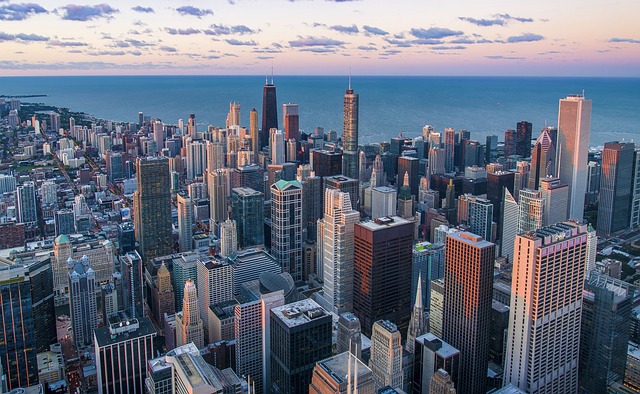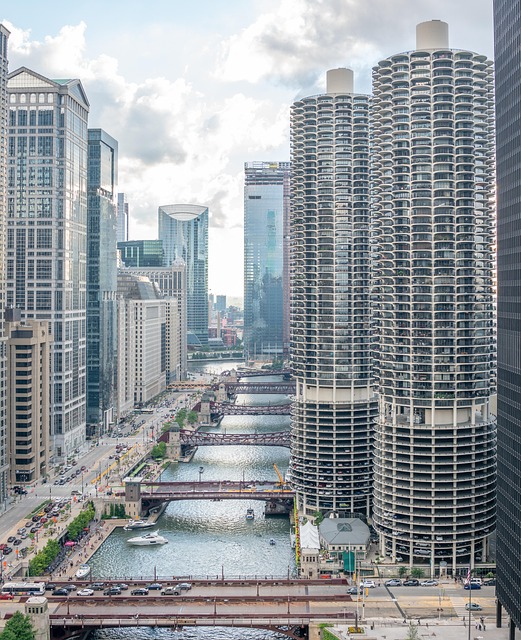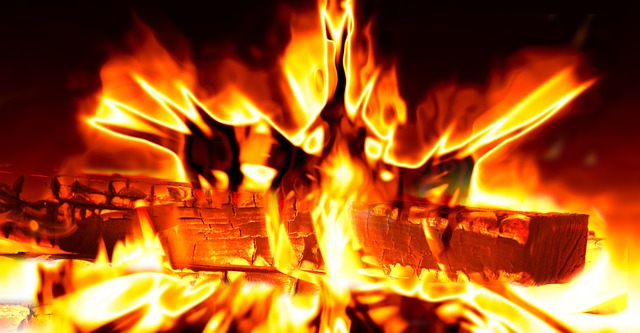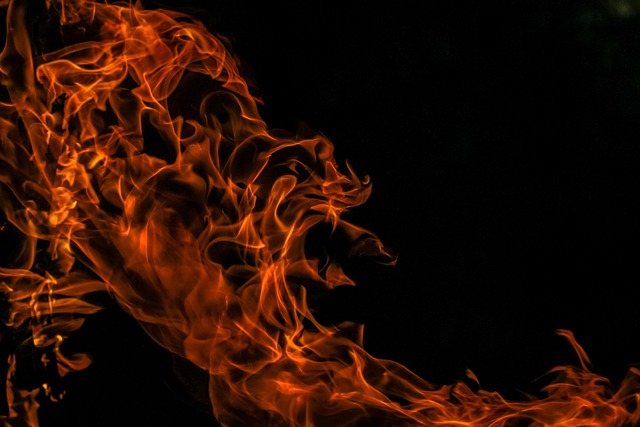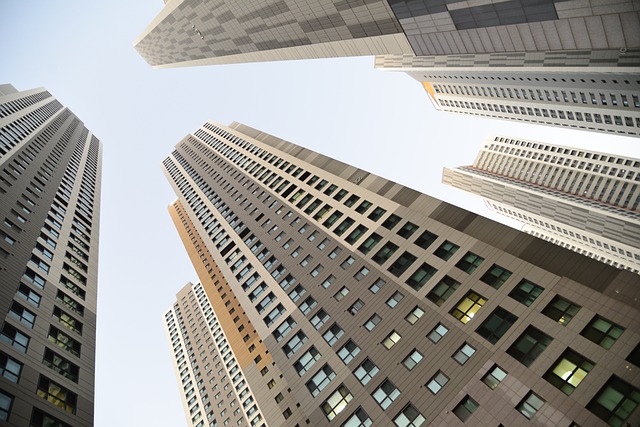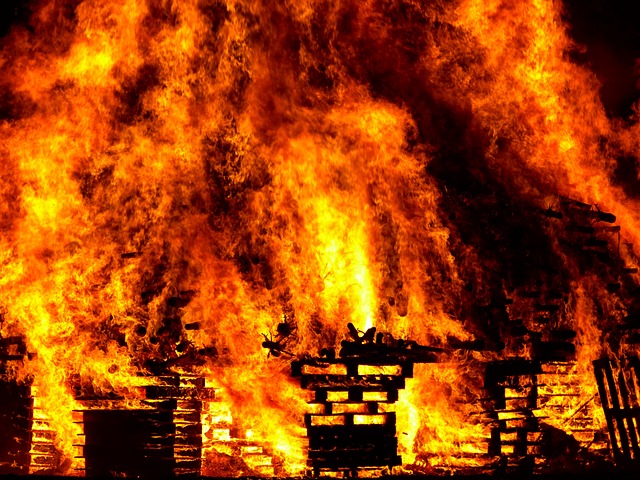Chicago's real estate market offers a dynamic landscape for investors, particularly those interested in fire-damaged properties. Gentrification and urban renewal have boosted neighborhood demand, increasing property values across many areas. Investing in these distressed assets presents a strategic opportunity to contribute to the city's revitalization while aiming for high returns. The process involves careful inspection, renovation, compliance with local regulations, and effective marketing to attract buyers. Understanding insurance and legal aspects is crucial for successful sales. By embracing these challenges, investors can play a vital role in Chicago's recovery and achieve profitable outcomes.
“Chicago’s real estate market, known for its resilience and diverse opportunities, presents a unique narrative when it comes to fire-damaged properties. This article explores the strategic investments awaiting savvy real estate buyers in the city. We delve into the trends shaping the market, uncovering the appeal of purchasing fire-affected properties, and providing an insightful guide to navigating this niche segment. From renovation strategies to legal considerations, including successful case studies, we offer a comprehensive resource for investors looking to capitalize on Chicago’s evolving landscape, particularly through the acquisition and sale of fire damaged property.”
- Understanding Chicago's Real Estate Market: Trends and Opportunities for Investors
- The Appeal of Investing in Fire-Damaged Properties: Risks and Rewards
- Navigating the Process of Acquiring Fire-Damaged Real Estate in Chicago
- Strategies for Effective Renovation and Flipping in the City
- Legal Considerations and Insurance Claims for Damaged Properties
- Case Studies: Successful Investment Opportunities in Chicago's Fire-Affected Areas
Understanding Chicago's Real Estate Market: Trends and Opportunities for Investors
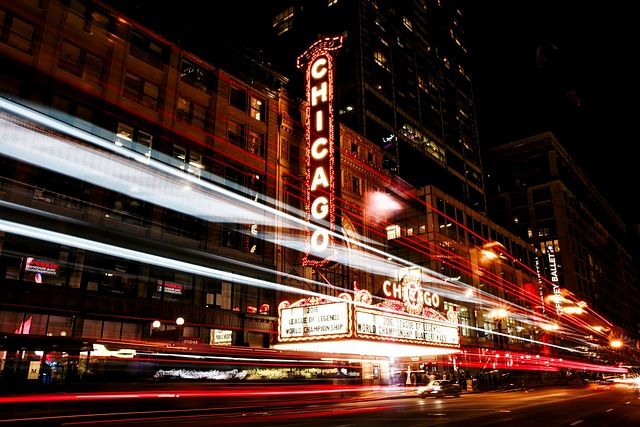
Chicago’s real estate market is dynamic and ever-evolving, presenting both established and emerging opportunities for investors. Understanding current trends is crucial to navigating this competitive landscape. One notable trend has been the increasing demand for properties in diverse neighborhoods, reflecting the city’s ongoing gentrification process. This shift has led to a rise in property values across many areas, especially in formerly undervalued districts that are now experiencing urban renewal.
For investors looking to capitalize on specific opportunities, considering the potential of sell fire damaged property Chicago can be strategic. While repairing and rehabilitating fire-damaged homes might seem daunting, it offers an entry point into markets with high demand for affordable housing options. Investors who embrace these challenges can play a vital role in Chicago’s real estate transformation, particularly by revitalizing neighborhoods and contributing to the city’s ongoing economic growth.
The Appeal of Investing in Fire-Damaged Properties: Risks and Rewards
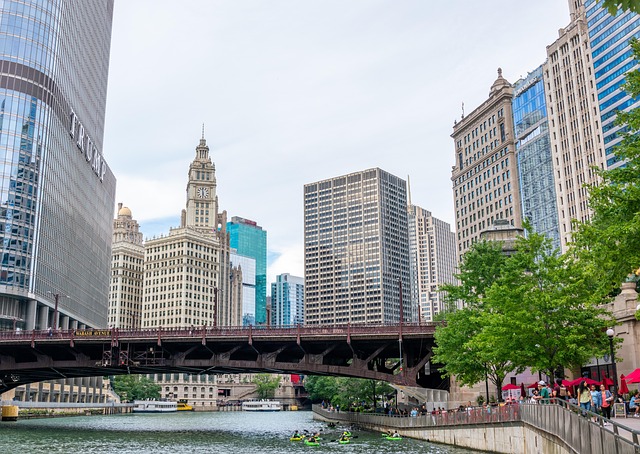
Investing in fire-damaged properties in Chicago can be an attractive proposition for real estate investors, offering both potential risks and substantial rewards. While these properties may require significant renovation and repairs due to the damage caused by fires, they can also present unique opportunities in a competitive market. The appeal lies in the chance to acquire distressed assets at potentially lower prices, which can lead to substantial profits when effectively rehabilitated and resold. Chicago’s robust real estate landscape, combined with its diverse neighborhoods, provides a wide range of fire-damaged properties suitable for various investment strategies.
However, investors should be aware of the risks associated with such ventures. Fire damage can result in structural instability and hidden costs related to repairs, especially if the initial assessment is not thorough. Additionally, there may be legal and insurance complexities, as well as potential environmental concerns, particularly with older properties. Nevertheless, for those willing to navigate these challenges, buying fire-damaged property in Chicago can be a strategic move, offering the chance to contribute to community revitalization while aiming for high returns on investment through the successful sale of these properties.
Navigating the Process of Acquiring Fire-Damaged Real Estate in Chicago
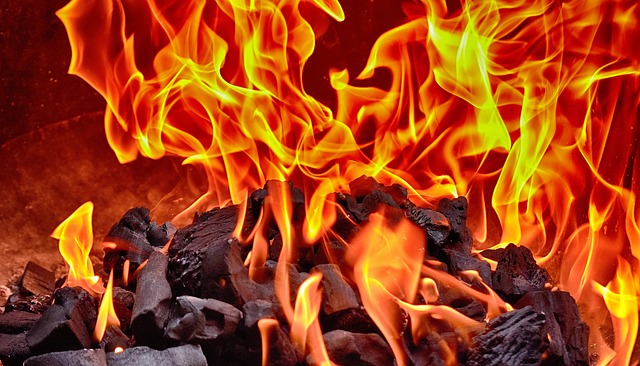
Navigating the process of acquiring fire-damaged real estate in Chicago requires a strategic approach. Investors must first identify properties that have sustained damage from fires, which can often be found through local listings or specialized real estate platforms. Once potential sites are identified, it’s crucial to assess the extent of the damage and determine if renovation is feasible and cost-effective. This involves hiring professional inspectors who can provide detailed reports on structural integrity, safety hazards, and potential repair costs.
After careful consideration, investors can proceed with purchasing the fire-damaged property at a potentially discounted price. It’s important to remember that selling fire damaged property Chicago requires adherence to local regulations and codes. Investors must ensure that all renovations meet safety standards and obtain necessary permits before proceeding with any repairs or plans for future development. This meticulous process allows for transforming damaged properties into valuable assets, contributing to the city’s real estate landscape while providing opportunities for significant returns on investment.
Strategies for Effective Renovation and Flipping in the City
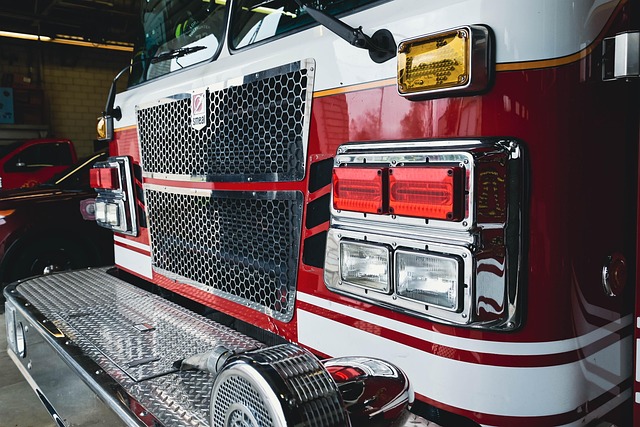
In Chicago, where real estate trends are ever-changing, renovation and flipping can be highly lucrative for investors. One strategic approach involves identifying undervalued properties, particularly those affected by fires. Selling fire-damaged properties in Chicago requires careful assessment. Investors should thoroughly inspect buildings to understand the extent of damage, assessing structural integrity, electrical systems, plumbing, and potential safety hazards. By prioritizing comprehensive repairs, professionals can transform these damaged spaces into desirable, modern homes or profitable rental units.
Marketing these renovated properties effectively is key. Emphasizing the fresh design, high-quality materials, and any special features can attract buyers seeking unique opportunities. Additionally, highlighting the city’s vibrant neighborhoods and Chicago’s reputation for resilience in rebuilding post-fire events can make these flipped homes highly appealing to a diverse range of purchasers, from first-time homeowners to investors looking for smart real estate deals.
Legal Considerations and Insurance Claims for Damaged Properties

When navigating the real estate market in Chicago, investors must be mindful of legal considerations and insurance aspects, especially regarding damage to properties. In the event of fire damage, understanding local regulations for selling fire-damaged property in Chicago is crucial. Investors should consult legal experts to ensure they comply with building codes and safety standards before proceeding with any sale.
Insurance claims play a significant role in this process. Proper documentation and communication with insurance providers are essential when filing claims for damaged properties. Investors need to be aware of their coverage limits, deductibles, and the potential impact on future resale value. Efficient management of these aspects can help investors make informed decisions when considering the sale of fire-damaged properties in Chicago, ensuring a smooth transition and minimizing legal or financial complications.
Case Studies: Successful Investment Opportunities in Chicago's Fire-Affected Areas
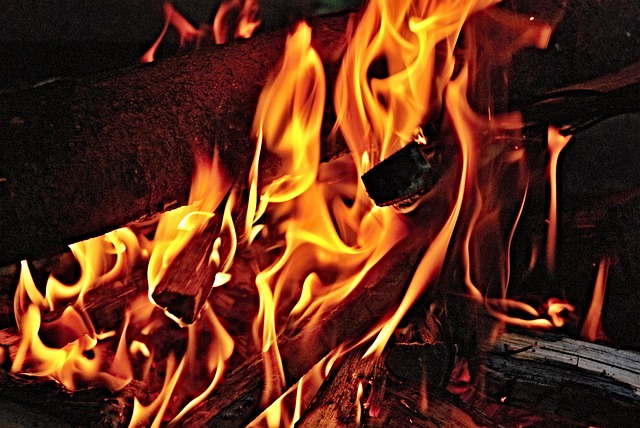
In the aftermath of Chicago’s historic fires, a unique opportunity arises for real estate investors to step in and revitalize affected areas. These blazes, while devastating, have left behind properties that can be transformed into lucrative investment opportunities. Case studies reveal that buyers who swiftly acquired fire-damaged homes or commercial spaces in these neighborhoods have achieved significant returns. Many of these areas are experiencing a renaissance, with renewed interest from residents and businesses alike, driving up property values.
Investing in these zones not only offers the potential for substantial gains but also contributes to the city’s recovery and resilience. The process involves strategic renovation, rehabilitating structures, and reselling or redeveloping the properties to meet the evolving demands of Chicago’s vibrant market. With careful planning and a keen eye for identifying undervalued assets, investors can play a pivotal role in transforming fire-affected areas into thriving communities while securing profitable real estate ventures.
Chicago’s real estate landscape presents a unique opportunity for investors brave enough to navigate its challenges. Understanding market trends, recognizing the appeal and potential of fire-damaged properties, and mastering renovation strategies are key to success. By adhering to legal guidelines and learning from case studies, savvy investors can thrive in this dynamic city, effectively flipping and selling fire-affected properties to meet Chicago’s diverse housing needs. Remember, with careful planning and a keen eye for opportunity, investing in sell fire damaged property Chicago can yield substantial rewards.
